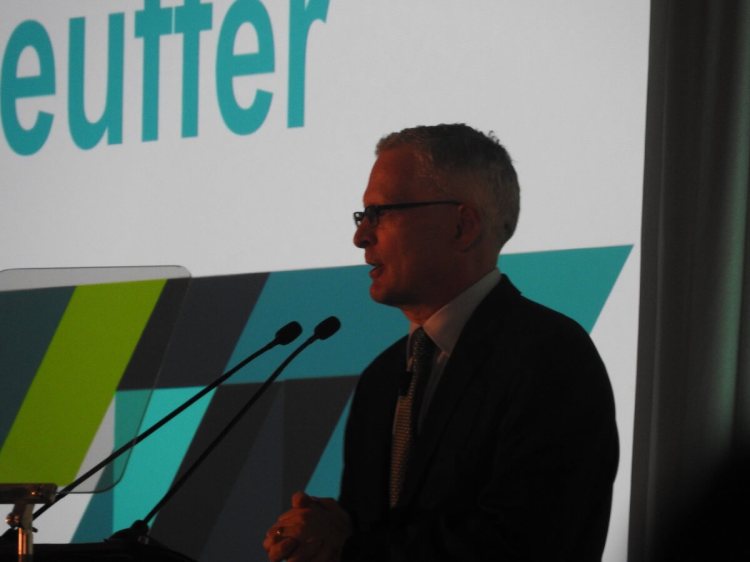As Donald Trump’s inauguration nears, the U.S. semiconductor industry and the White House filed reports on its concerns about maintaining the rapid pace of innovation amid China’s ambitious industrial policy to boost its own industry.
Semiconductor Industry Association President and CEO John Neuffer said in a statement that it welcomes the Obama administration report about the importance of maintaining U.S. chip industry leadership. It remains to Trump to decide what to do about the report, but the incoming U.S. President has indicated he wants to invest in the country’s infrastructure.
The President’s Council of Advisors on Science & Technology (PCAST) Semiconductor Working Group outlined a three-pillar strategy, as highlighted in the accompanying letter to the President from PCAST co-chairs John Holdren and Eric Lander, to “push back against innovation-inhibiting Chinese industrial policy, improve the business environment for U.S.-based semiconductor producers, and help catalyze transformative semiconductor innovation over the next decade.”
Neuffer said that “semiconductors form the very foundation of America’s innovation infrastructure, enabling modern technologies critical to U.S. economic growth, national security, and global competitiveness. The new PCAST report highlights the strategic importance of our industry and the significant challenges it faces, including the rising cost and complexity of innovation and challenges from competitors abroad, most notably ambitious Chinese industrial policy.”
He said that the success of the American semiconductor industry relies not only on its technological ingenuity, but also on continued access to overseas markets and a level playing field in the global arena. China is a critical market and an important part of the global value chain, yet it appears a significant number of its policies are not market-based or impose market-access restrictions, he said.
The White House announced on Oct. 31 of last year the launch of the PCAST Semiconductor Working Group, which includes 11 leading experts on the semiconductor industry and the broader economy from industry, academia, and government. The Working Group has provided recommendations to PCAST for its report to the President regarding current challenges facing the semiconductor industry.
The semiconductor industry directly employs nearly 250,000 people in America and supports more than one million additional jobs throughout the U.S. economy, Neuffer said. Thanks largely to the strength of U.S. semiconductor manufacturing, semiconductors are one of America’s top manufactured exports, ranking third after airplanes and automobiles.
“Semiconductors were invented in the United States, and America is still globally at the tip of the spear in leading-edge semiconductor manufacturing and design,” he said. “But our future leadership of this strategic technology cannot be taken for granted. We cannot stand idly by in the face of our challenges. We stand ready to work with policymakers in Washington to advance initiatives that keep us in the pole position in the race to maintain U.S. leadership in the global semiconductor industry.”


